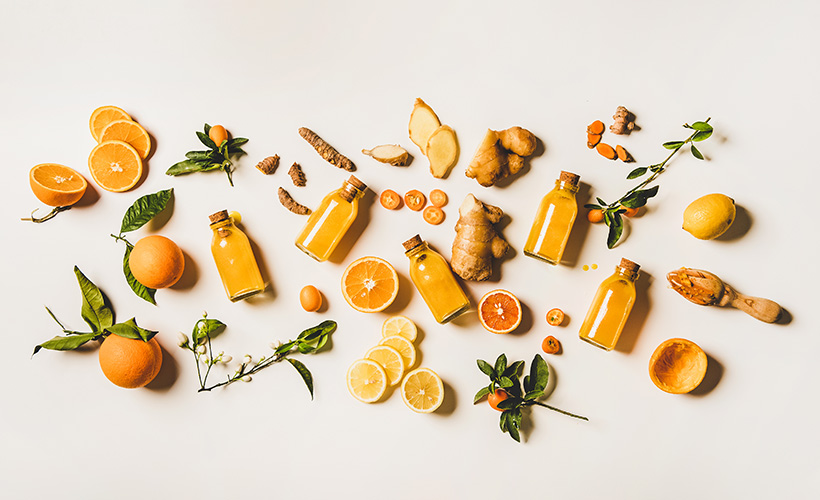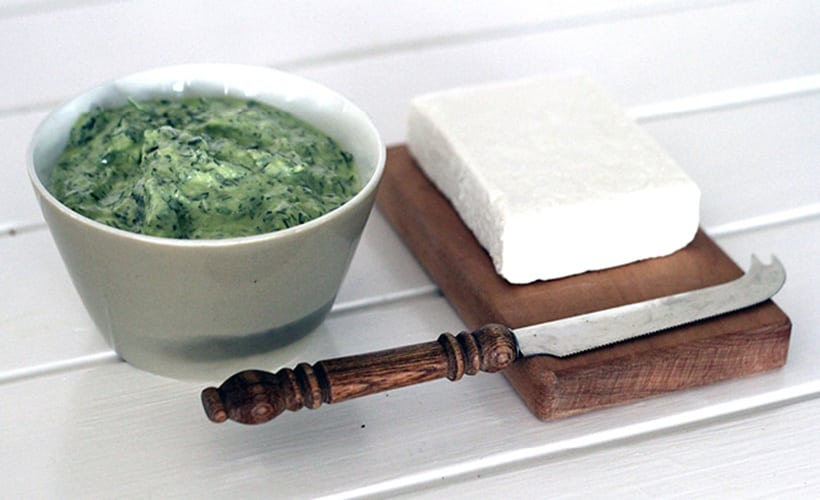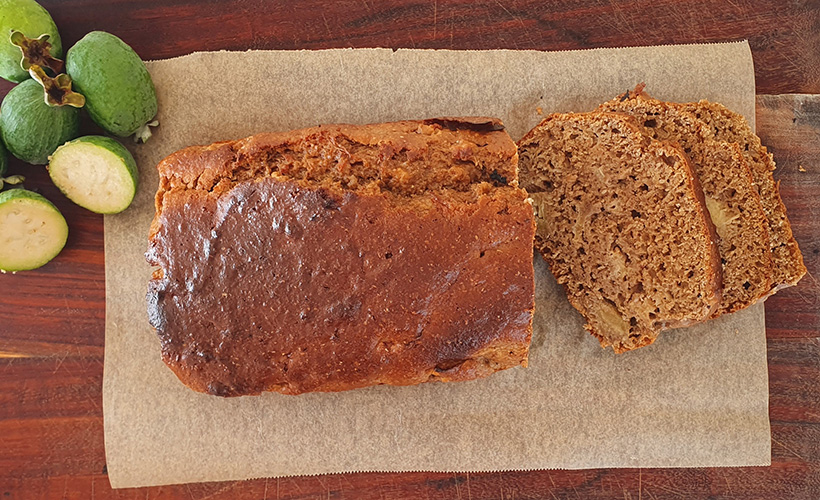There has been much talk in the news about the mutations of the COVID virus in the UK (especially in and around London) and how this may have made the virus spread more quickly. A mutation is a change in the way a cell or a virus is made.
There have been other mutations of the COVID virus studied by scientists. One was in Spain and caused a large spread of the virus there. That variant of the virus has now out-competed other strains and become the dominant strain. The same is expected to happen with this latest strain that has now accumulated the original mutations plus more.
Many of the mutations that have arisen since the original COVID virus was isolated, are because our own immune response. As the human body attacks the virus it changes so that it can be more successful at infecting people. Luckily our immune response can then change again to keep up with the virus. Common colds and influenza (‘the flu’) change (mutate) constantly which is why we need to get the latest flu vaccine each winter, because the infection has changed since last winter.
So what can we do to keep ourselves healthy and protect ourselves from respiratory infections like COVID, common cold and the flu?
There are a number of nutrients and herbs that have good research to show that they improve our immune response. I have concentrated on those that help to prevent infections rather than those that can be given once you have an infection.
It’s well known that diet and nutrition have significant impacts on immune system and can affect the risk of catching an infection or how bad it will be once you do get it.
Vitamin C is important for immune cell function.
Studies have shown that taking extra vitamin C reduces the chance of catching the common cold in children, the physically active and those with a small vitamin C deficiency. A review of thousands of common cold episodes found that regular supplementation with vitamin C also reduced how long someone was sick with their cold symptoms. The evidence shows that for prevention or recovery we need about 200mg per day of Vitamin C. While you have an infection you will benefit from more like 2g (2000mg) per day.
A lot of people prefer to gain their nutrients from food. That means to get your 200mg of Vitamin C you will need:
- 215g Kiwi fruit
- 338g Strawberries
- 377g Oranges
I weighed a large orange (with the skin on) and it was about 350g. So two oranges a day should be sufficient to reduce your chance of catching a cold. If you already have an infection you will benefit from 20 oranges a day, so maybe resort to taking a supplement if you are already sick.
Vitamin D deficiency has been shown to be associated with increased risk of viral respiratory infection (colds and flus). Conversely, clinical trials demonstrate that vitamin D supplementation reduces the risk catching those infections.
Our bodies make vitamin D when our skin is exposed to sunlight. If you work indoors, this increases the risk of vitamin D levels reducing and the need to consider taking a Vitamin D supplement. The people most at risk of low Vitamin D levels are: vegans and vegetarians, the elderly and those not exposed to sufficient sunlight. Make sure you get some sunshine (when we get some). Don’t get sunburnt but do get some sunshine on your skin so you make Vitamin D and improve your immunity.
Zinc supplements
A review of clinical trials looking at zinc supplements for the common cold found a significant reduction in the duration of colds and a significant reduction in the chance of catching a cold. You are most at risk of not having enough Zinc in your system it you are elderly, vegan, vegetarian, have high alcohol intake or have inflammatory bowel disease. Good sources of Zinc include: oysters, beef, and pumpkin seeds.
Vitamin A and E are also important for your immunity but it is rare to be deficient in either of these fat soluble vitamins. It is also easy to have too much of them and that is bad for you. Only take vitamin A or E supplements if your doctor has told you to.
Other supplements that have been shown to reduce the incidence of catching viral infections include:
- Some specific probiotics (Lactobacillus rhamnosus GG, Lactobacillus acidophilus and Bifidobacterium bifidum)
- Echinacea extracts reduce the risk of recurrent respiratory infections by 35%
- Elderberry supplementation. A 2019 analysis confirms that if you take elderberry at the onset of viral, upper respiratory symptoms, this substantially reduces overall duration and severity.
- Thyme is one of my favourite herbs. It is approved in Canada and throughout Europe as a plant medicine for treatment of common colds, coughs, and bronchitis. Research shows that it can disrupt the outer ‘envelope’ of the virus and prevent it attaching to your cells. You can make yourself a cup of thyme tea by using thyme from your garden or dried thyme from the supermarket. One teaspoonful of dried herb in a teapot and pour on one cup of boiling water. Leave to stand for 5 minutes then drink.
As always eating a healthy diet with five plus vegetables and fruit every day goes a long way to keeping you healthy. Also get outside for fresh air, exercise, sunshine and vitamin D. If you have questions about any of the above supplements talk to your pharmacist about what is available and what will be suitable for you and your family.
Written by Linda Caddick
This blog provides general information and discussion about medicine, health and related subjects. The information contained in the blog and in any linked materials, are not intended nor implied to be a substitute for professional medical advice.

















Community